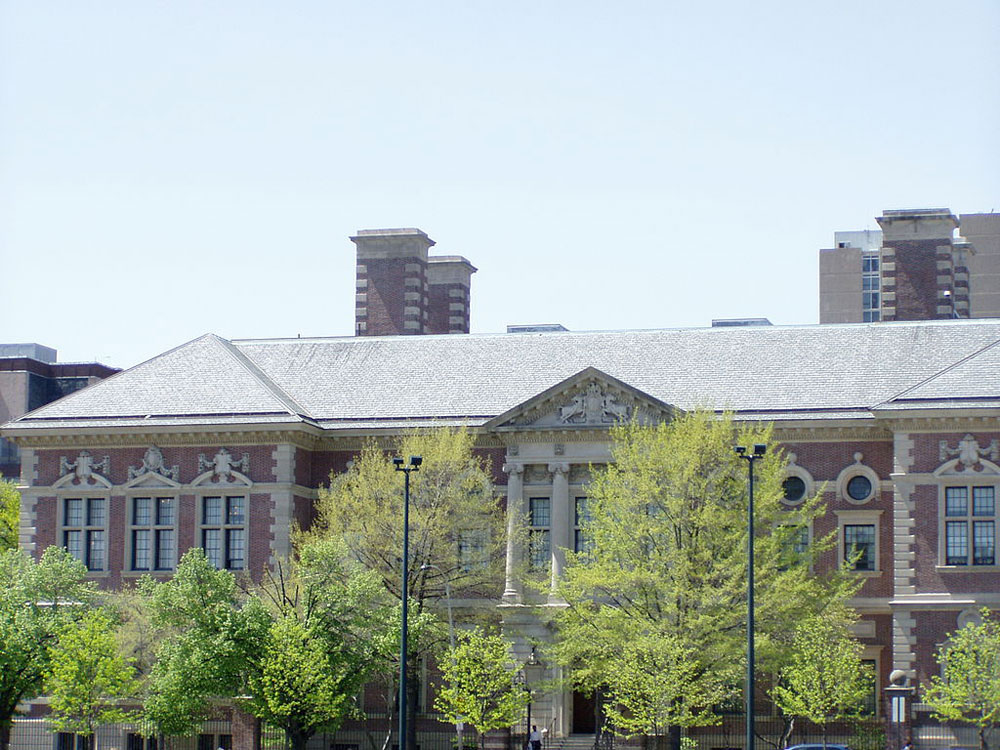
November 19, 2019; Above the Law
We are in a time when donors have to get truly outrageous to land “largest gift ever” bragging rights, but the W.P. Carey Foundation has managed to do just that through a $125 million gift to the University of Pennsylvania Law School (Penn Law). But, despite the size of the grant, students and alumni are not so impressed and have no desire to see the school’s prestigious name sold off so easily.
A petition began to make the rounds, acquiring thousands of signatures. It reads:
While many of us are grateful for the generous donation from the Carey Foundation and the benefits it will bring to Penn Law, given the long-held history of referring to this institution as Penn Law, we respectfully ask that the shorthand for the law school remain Penn Law. Not only is there another law school utilizing the same “Carey” name (University of Maryland Carey School of Law), but past and current students chose to attend “Penn Law,” not “Carey Law.”
Sign up for our free newsletters
Subscribe to NPQ's newsletters to have our top stories delivered directly to your inbox.
By signing up, you agree to our privacy policy and terms of use, and to receive messages from NPQ and our partners.
The undersigned would like to preserve the brand recognition, over century-long history, and clear association with the University of Pennsylvania that comes with the name Penn Law. This is in no way meant to belittle or disrespect the immensely generous gift by the Carey Foundation as we are extremely grateful for their support and look forward to the positive changes and improvements that come as a result.
Hmmm, the mouths of gift horses. One alum, M. Kelly Tillery, class of 1979, says a donation moratorium may materialize unless the school retains the shorthand name Penn Law—no Carey included. Tillery says the moniker “Penn Carey Law” essentially transforms the proud institution into one of many “McDonald’s of law schools,” in the same category as “Maryland Carey Law” which was renamed after a $30 million donation from W.P. Carey.
“The essence of a franchise is that the quality of the goods and service is not necessarily good, it is just consistent,” Tillery says, looking down his presumably noble nose, “And the consistency level is defined by the lowest denominator: here, the University of Maryland, a fine school no doubt, but not the caliber of Penn Law.”
“I guess,” he says, “we will have to ask students, ‘Would you like fries with that law degree?’”—Ruth McCambridge










